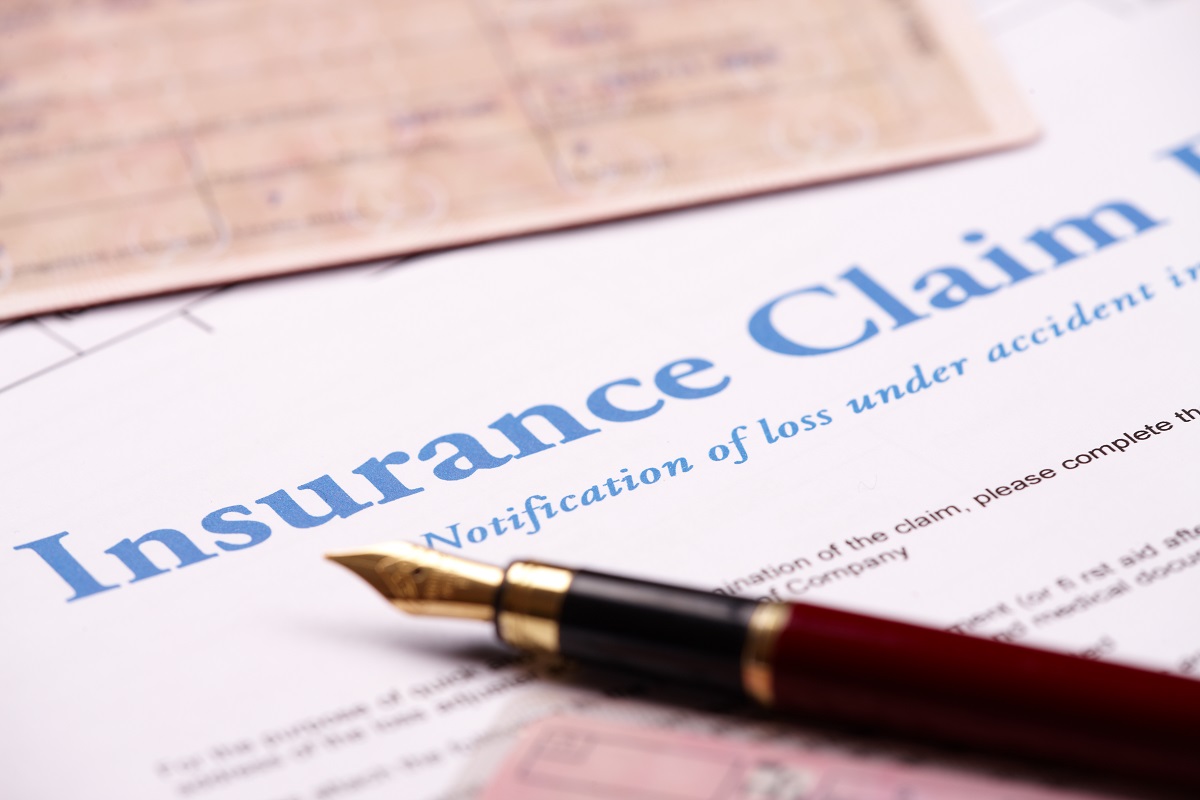Whether or not insurance claims are public record depends on the specific type of insurance, the jurisdiction, and the circumstances of the claim. In general, most insurance claims are not public record and are protected by privacy laws. However, there are some exceptions.
Here are some general rules:
- Property and casualty insurance: Claims for property damage, such as car accidents or home fires, are generally not public record. However, some information about the claim, such as the date and location of the incident, may be available to the public.
- Life insurance: Claims for life insurance are generally not public record, unless the beneficiary consents to the release of information.
- Health insurance: Medical claims are generally protected by privacy laws, such as HIPAA. However, some information about the claim, such as the diagnosis and treatment received, may be shared with other healthcare providers or insurers.
There are also some situations in which an insurance claim may become public record, such as:
- If there is a lawsuit related to the claim: The details of the claim may become public as part of the court proceedings.
- If the claim is investigated by a government agency: The agency may make some information about the claim public.
- If the insurance company is required to disclose the information by law: For example, some states require insurance companies to report certain types of claims to the government.
Here are some additional things to keep in mind:
- Even if your insurance claim is not public record, it may still be possible for someone to obtain information about it by filing a public records request.
- You can always contact your insurance company to ask about their privacy policies and how they handle claims information.


